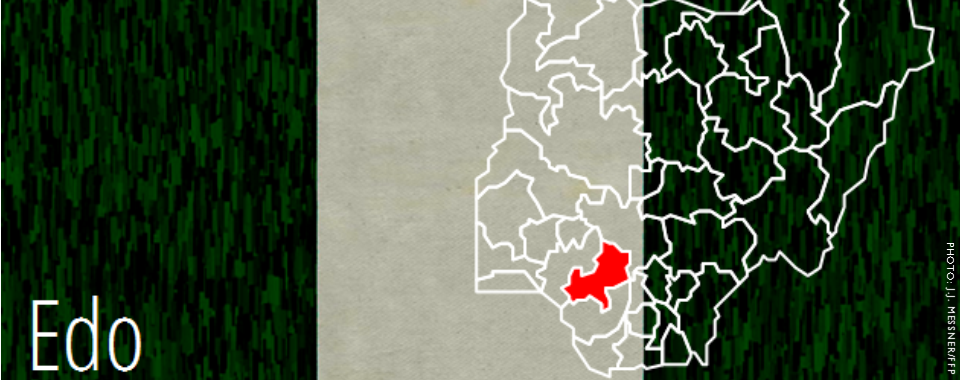BY NATE HAKEN AND PATRICIA TAFT* Edo was one of the Niger Delta’s more violent states on a per-capita basis with Incidents of violence and associated fatalities increasing over the three and a half year period. Issues in Edo ranged from protests, criminality, abductions and domestic violence to clashes between gangs, cults, political groups and […]
Category Archives: People
Conflict Bulletin: Ondo State – Patterns and Trends, 2012-2015
- 21 August 2015
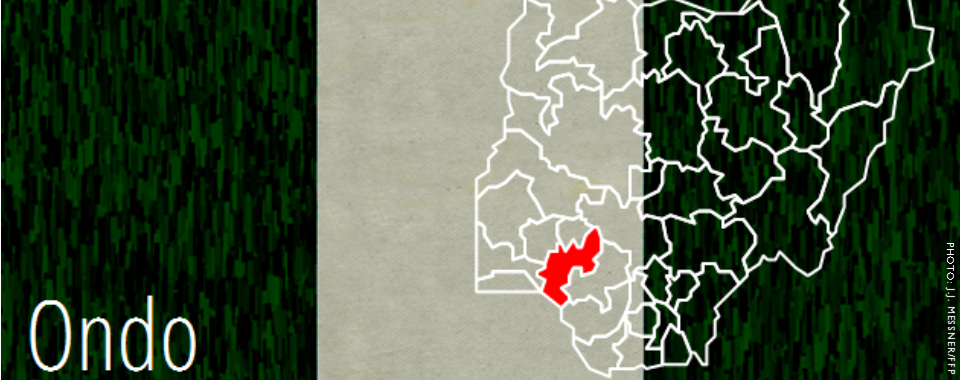
BY NATE HAKEN AND PATRICIA TAFT* While violence in Ondo has historically been relatively low, in the first half of 2015 reported fatalities increased significantly as compared to previous years. This was mainly in connection to a few incidents of criminality (bank robberies in Owo and Akoko North West LGAs) and piracy (Ilaje LGA) that […]
Conflict Bulletin: Bayelsa State – Patterns and Trends, 2012-2015
- 20 August 2015
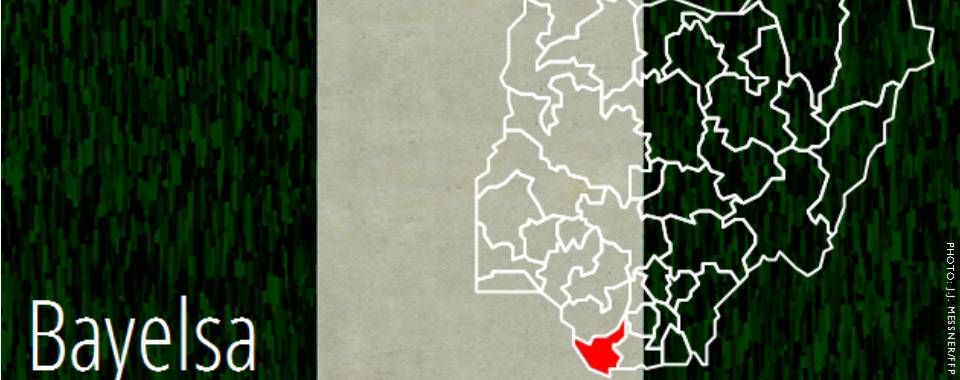
BY NATE HAKEN AND PATRICIA TAFT* Although on a per capita basis, violence is relatively high in Bayelsa, the number of fatalities and incidents have dropped since 2010. In February 2012, Henry Seriake Dickson (PDP) was elected as governor after a period of uncertainty in the wake of Governor Timipre Sylva’s termination in January 2012. […]
Conflict Bulletin: Rivers State – Patterns and Trends, 2012-2015
- 20 August 2015
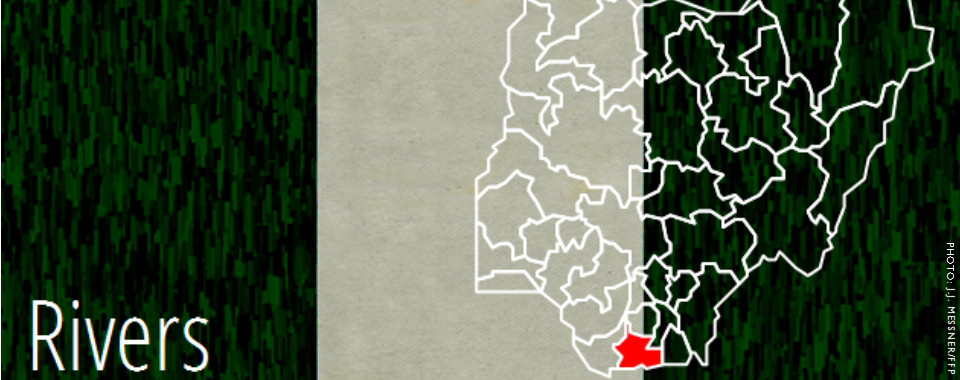
BY NATE HAKEN AND PATRICIA TAFT* Since May 2013, political tensions were high in Rivers State after the disputed Nigerian Governor’s Forum election. Formerly a member of the PDP, Governor Rotimi Amaechi, who is from Ikwerre (Rivers East Senatorial District), switched affiliation to the APC in November 2013. Despite the zoning formula, which would have […]
Conflict Bulletin: Akwa Ibom State – Patterns and Trends, 2012-2015
- 20 August 2015
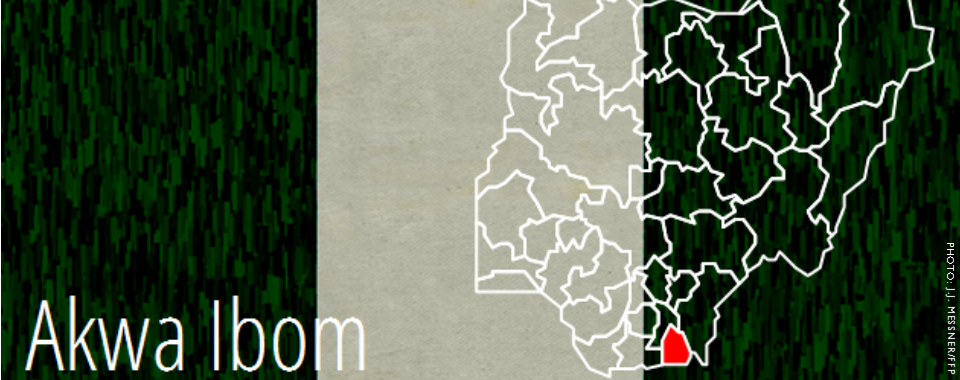
BY NATE HAKEN AND PATRICIA TAFT* Overall, between 2012-2015, Akwa Ibom was the second most peaceful state in the Niger Delta region as measured by reported fatalities per capita. Udom Emmanuel of the People’s Democratic Party (PDP) won the gubernatorial election in April 2015, to replace outgoing Governor Godswill Akpabio (also PDP) who was elected […]
Conflict Bulletin: Delta State – Patterns and Trends, 2012-2015
- 19 August 2015

BY NATE HAKEN AND PATRICIA TAFT Although the 2009 Amnesty Program was instrumental in reducing violence and fatalities associated with militancy, since 2012 Delta has been the most violent Niger Delta state as measured by conflict fatalities per-capita. Conflict risk incidents in Delta State during this period included gang violence, criminality, vigilante/mob justice, communal violence, […]
Conflict Bulletin: Abia State – Patterns and Trends, 2012-2015
- 19 August 2015

BY NATE HAKEN AND PATRICIA TAFT* Since 2012, Abia has been the most peaceful state in the Niger Delta overall, as measured by fatalities per capita. In the 2015 gubernatorial elections, Okezie Ikpeazu, of the People’s Democratic Party (PDP) was elected to replace outgoing Governor Theordore Orji (also PDP) in the second round of voting, […]
Conflict Briefing: Conflict Prevention in Rivers Following Election Violence
- 19 August 2015
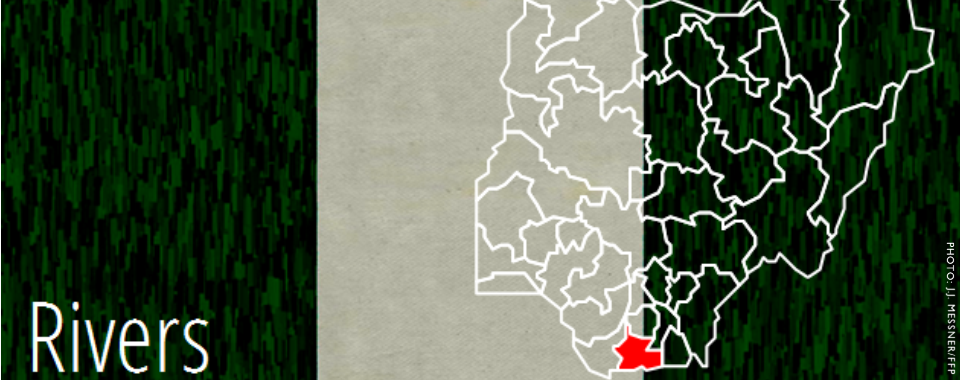
BY THE FUND FOR PEACE AND PARTNERSHIP INITIATIVES IN THE NIGER DELTA The Nigerian Presidential and National Assembly elections of March 2015 were widely praised by international observers as free and fair, with relatively peaceful outcomes across most states. However, among those states with elevated levels of political conflict was Rivers, where tension has cascaded […]
Violence Affecting Women and Girls Monthly Memo – June 2015
- 14 August 2015
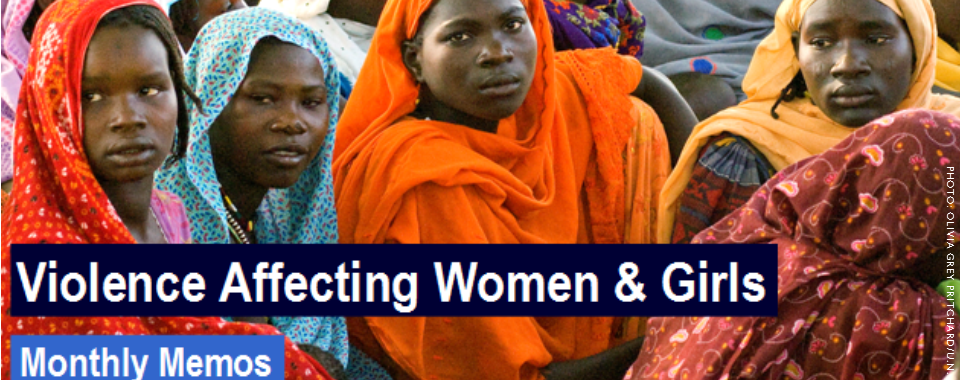
This memo covers the month of June 2015 (data coding and uploading lags by a month) for the focus states of Borno, Yobe, Kano, Kaduna, Plateau, Rivers, Bayelsa, and Delta.
Kenya and Nigeria Struggle with Increasing Numbers of Internally Displaced
- 13 August 2015
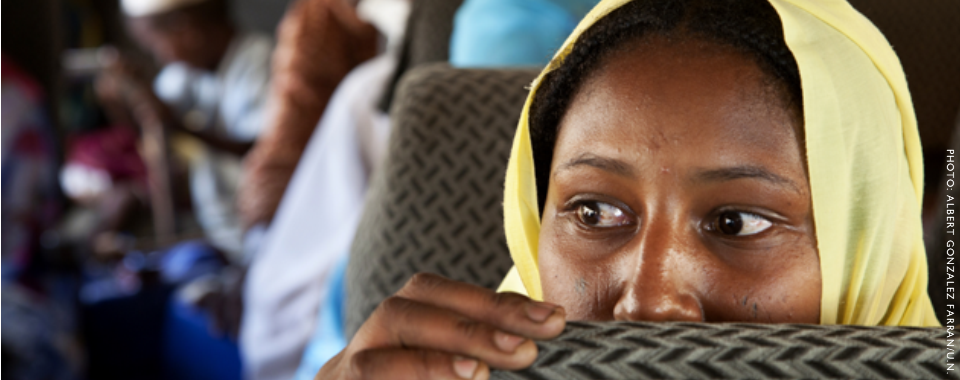
BY SARAH SILVERMAN As a result of ongoing and deep-seated conflicts – particularly those in the Middle East and Africa — internal displacement is at the highest level the world has ever seen. With over 11 million newly internally displaced persons (IDPs) in 2014, there were a reported 38 million IDPs globally by the end […]
